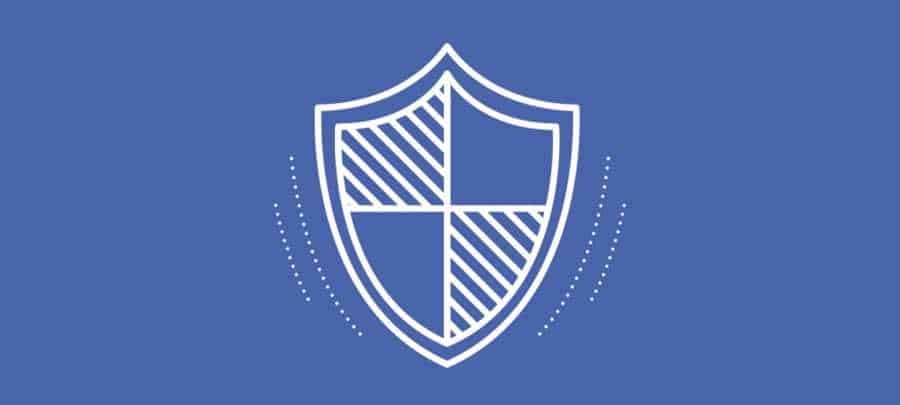A few weeks ago, Facebook admitted that up to 50 millions of accounts were affected by an online attack.
Today, the company has published more about leaked data, but has also developed a tool that can tell you if information has leaked from your account.
Such as we mentioned in the morning, Facebook confirmed that the hackers tokens were stolen access "only" from 30 million members of the social network, and not from the 50 million that had been reported at the beginning.
From 15 millions of these accounts, hackers could only get the phone number, e-mail address, or both. From 14 million accounts, hackers have been able to obtain more information such as username, gender, state of affairs, religion, birthdays and more.
But today, the company claims to know exactly what accounts were affected, and with a page that we posted lets us check if our data is on the Internet.
You can check if you have been affected by the hack by visiting the Facebook Help Center. Towards the bottom, you'll see a notice (see image below), which will indicate if you are one of the victims of the hack. In the image below it appears that the account has not been compromised.
____________________________
It is worth mentioning that Facebook hackers have been unable to steal your passwords.
If you discover that your account has been compromised, you should expect more attacks. The leaked information could be used by hackers to answer questions security other pages to reset your password. So if you have used this information elsewhere it would be a good idea to change it.
___________________
- Facebok lawsuit for post traumatic stress disorder
- How they watch you from the secure iPhone
- Microsoft extension to Skype support 7
- Proposals for Microsoft
- SSD: How Do They Work? Advantages and disadvantages





